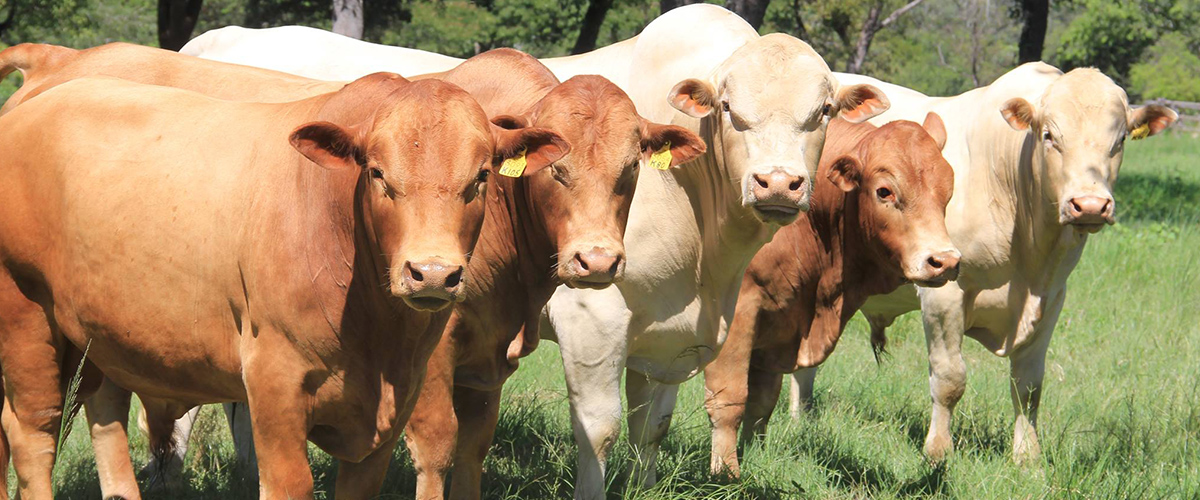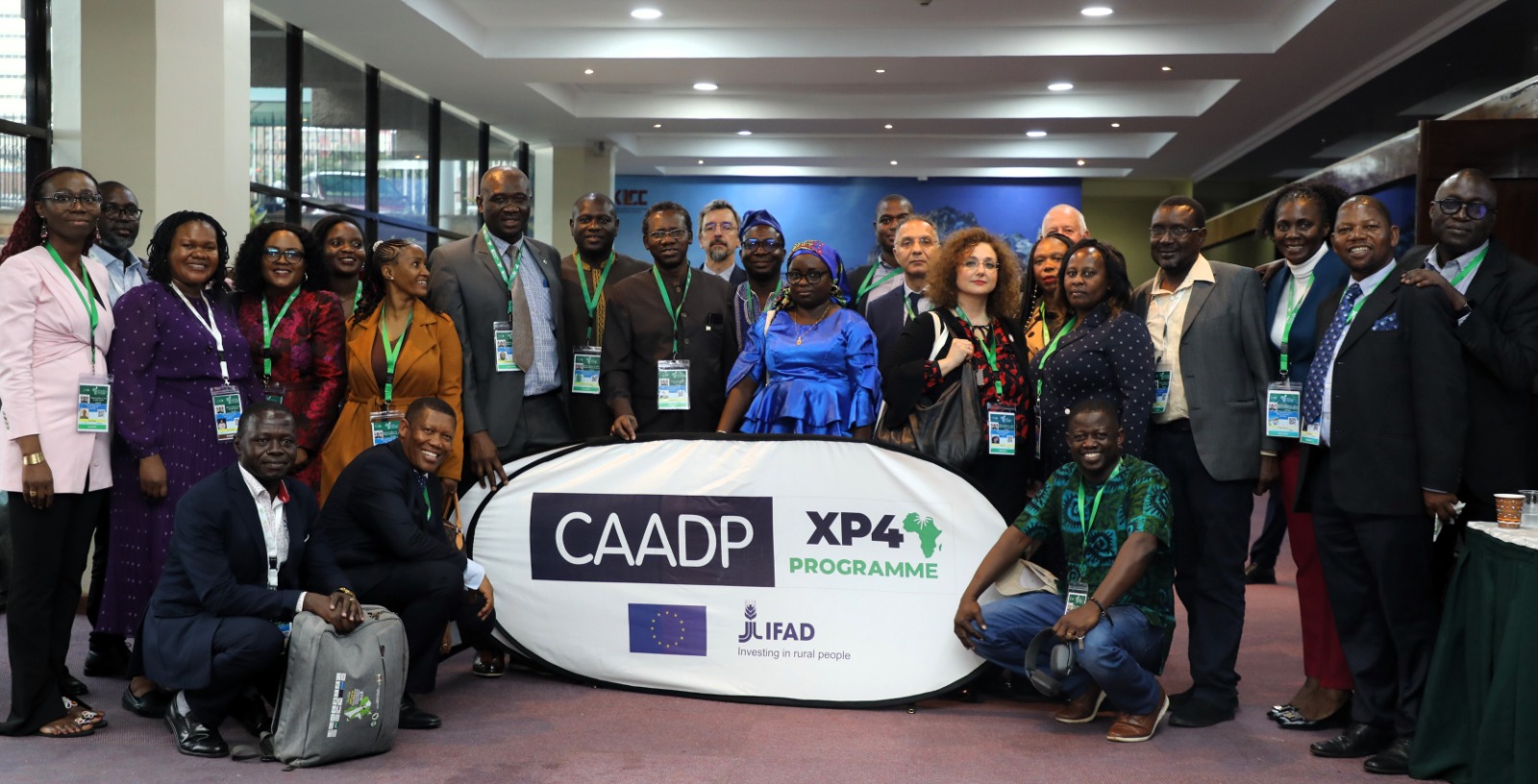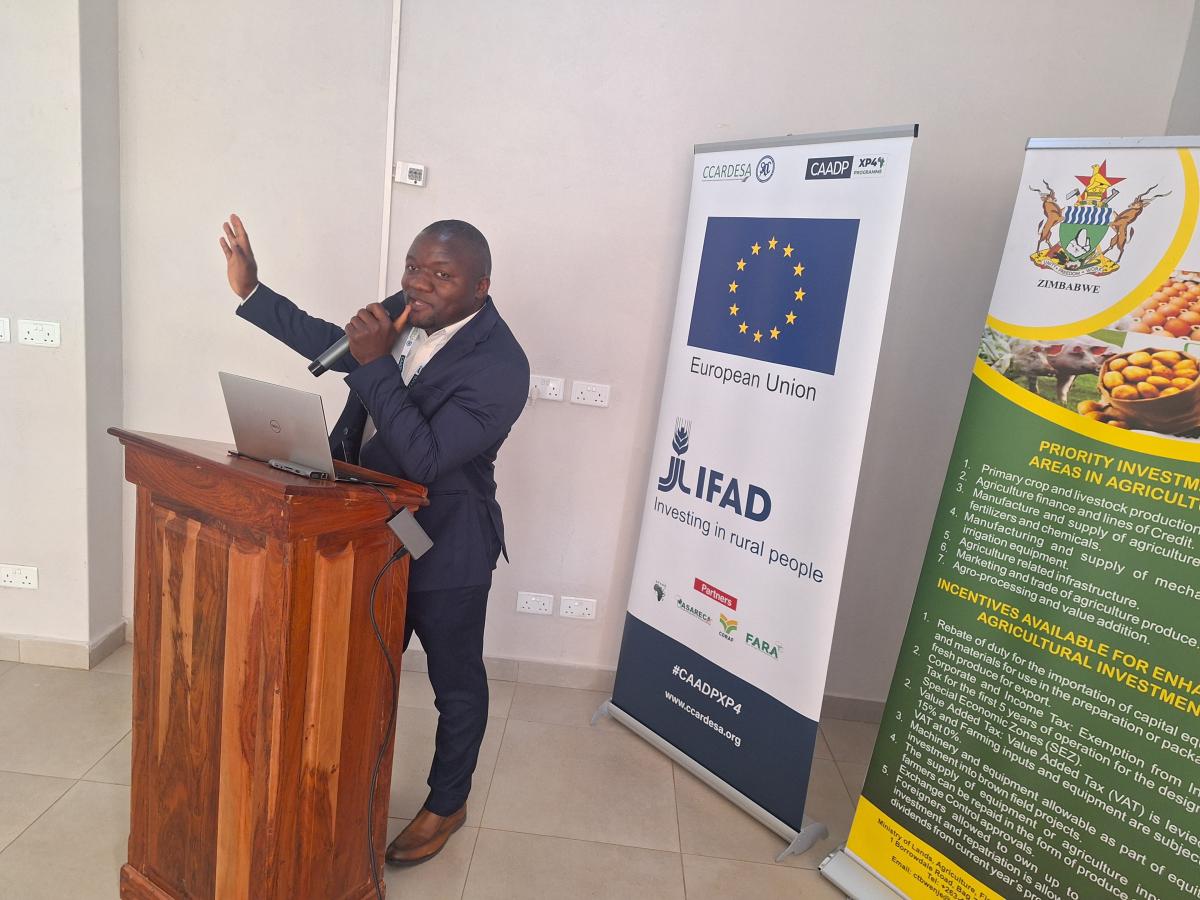Adaptation of agricultural practices to climate change in sub-Saharan Africa - Six categories of good practices in Africa
The purpose of this study was to undertake an empirical investigation of adaptation “good practices” and define six categories of actions that can be practically considered by governments for scaling-up in order to reduce the risks of climate change.
The focus is on what needs to be in place, in terms of the enabling environment, in order for the good practices to be effectively transferred to other contexts. The report thus intends to provide governments with practical options to consider in order to undertake agricultural adaptation to climate change, based on tangible and proven practices.
Six case study countries were chosen for empirical investigation of adaptation. Within Burkina Faso, Cameroon, Ethiopia, South Africa, Togo and Zambia, agricultural subsectors were chosen to represent various crops and livestock grown under different production systems. The purpose was to ensure that subsectors were investigated in more than one country so that there would be scope to compare different contexts. Categories considered for each adaptation practice were: proof of concept; robustness under projected climate change; environmental and social externalities; acceptability to farmers; accessibility to farmers; productivity; access to markets; support of appropriate institutions; level of government support; effects on women; and then a criteria to capture co-benefits, such as mitigation, biodiversity conservation, or multiple production objectives.
As a result the following six good practice categories are: use of improved seeds; soil fertility management; changing timing of farming practice; changing crop/livestock distribution and density; tillage and associated practices; and diversification.
Adaptation
Agricultural Practice
Tennigkeit, T. and Vincent, K. (2015). Adaptation of agricultural practices to climate change in sub-Saharan Africa - Six categories of good practices in Africa. Gesellschaft für Internationale Zusammenarbeit, GIZ









